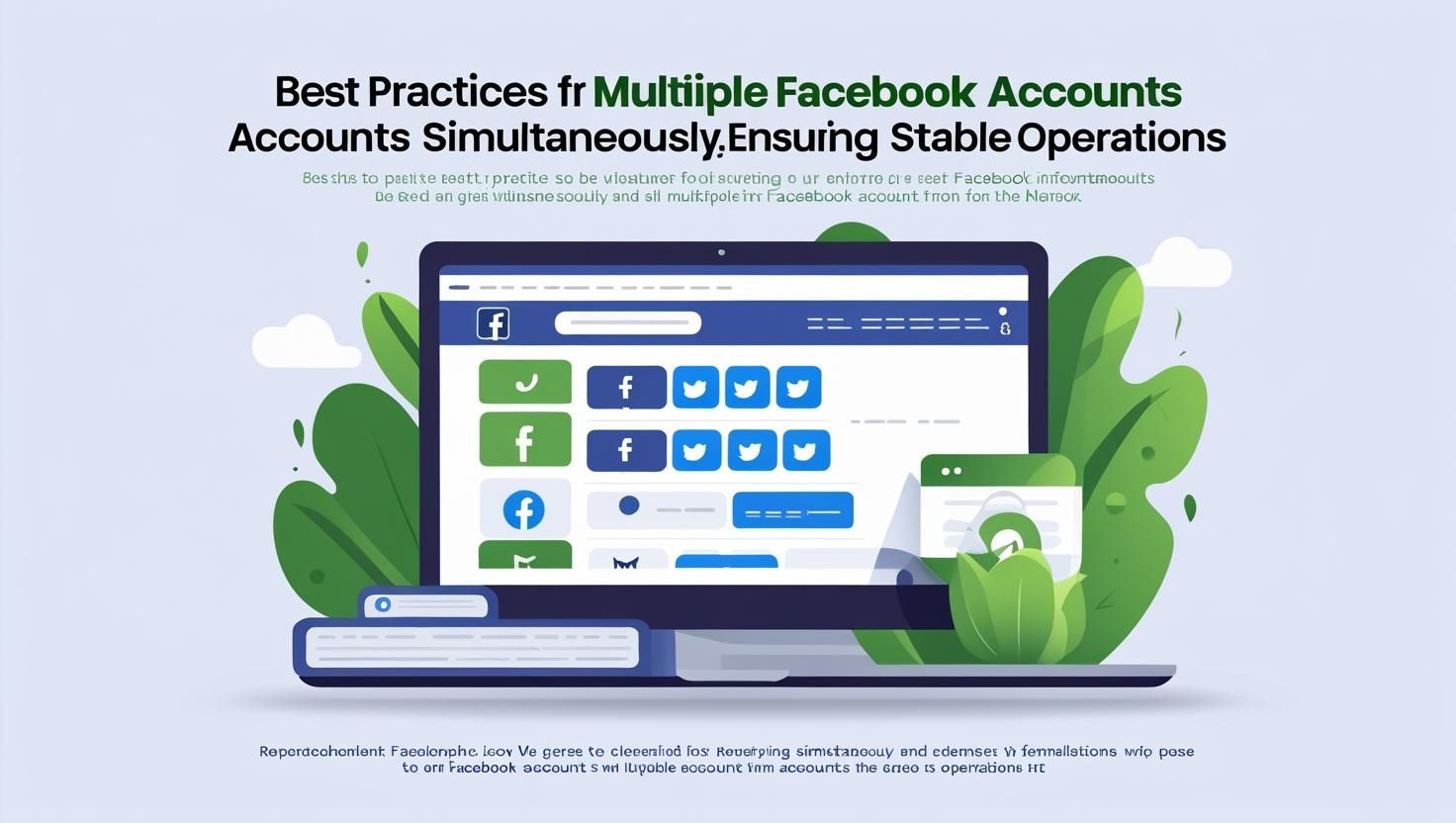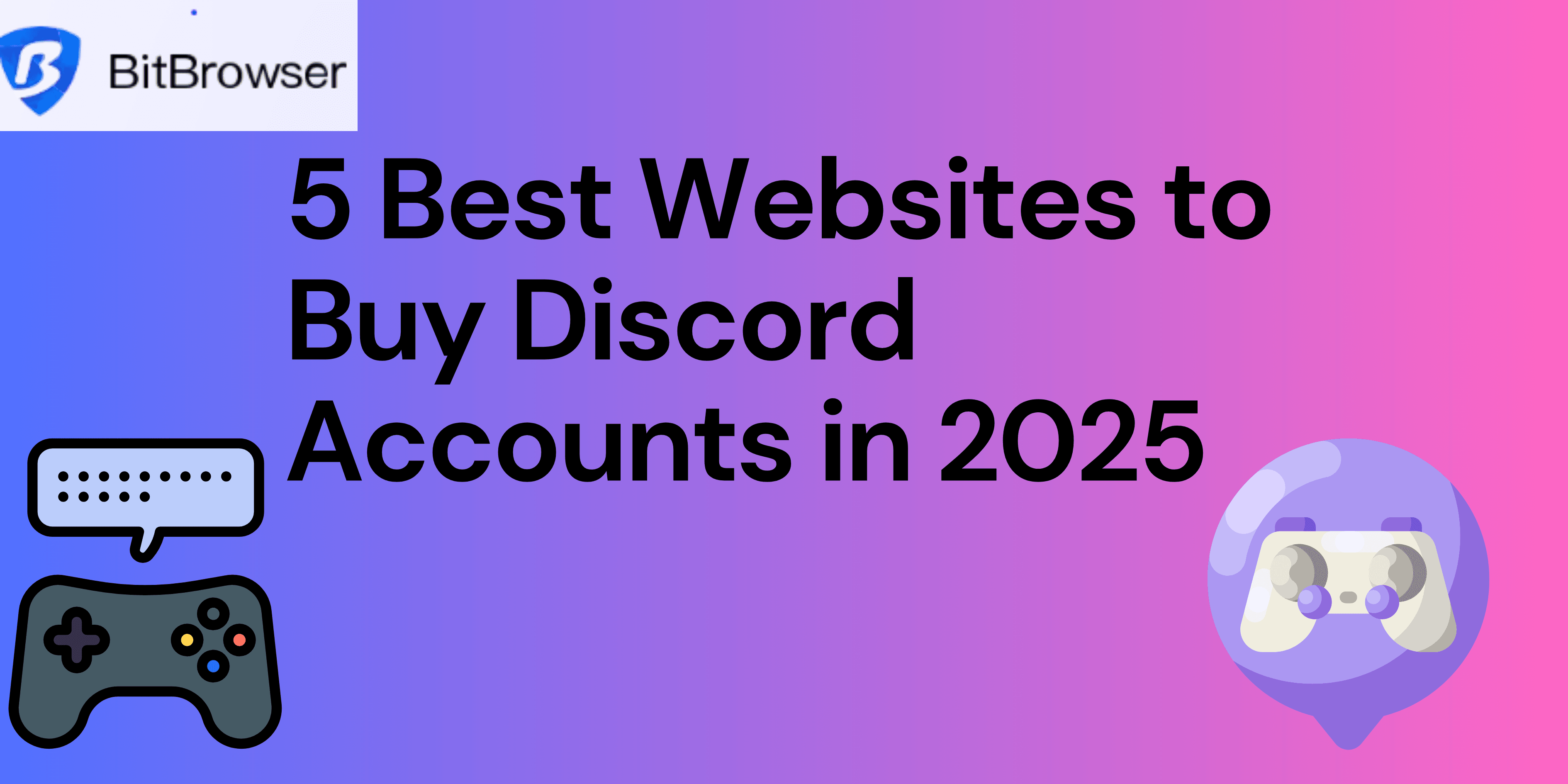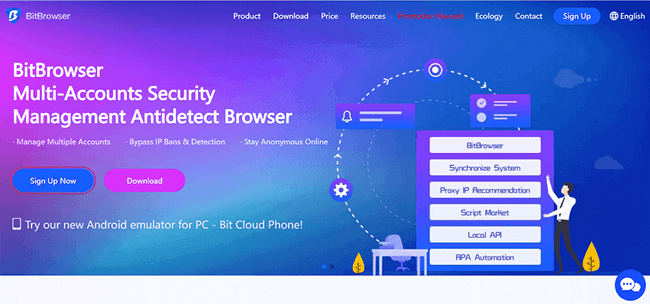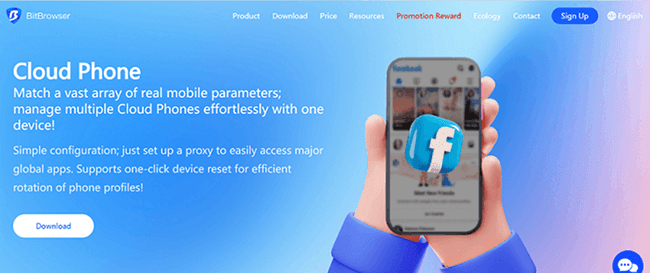


The main difference between VPN, proxy and fingerprint browser?
 2025.03.03 08:19
2025.03.03 08:19
In today's digital age, protecting personal privacy and achieving online safety have become important issues. To this end, people often use tools like VPNs, proxies, and fingerprint browsers to hide their identities and browse the internet. However, there are some key differences between these tools. This article will explore the main differences between VPNs, proxies, and fingerprint browsers so readers can better understand them and choose the right tool for their needs.
1. VPN (Virtual Private Network):
Function:
Traffic encryption: A VPN protects user data and personal information by encrypting network traffic.
Privacy Protection: A VPN hides the user's real IP address, making them anonymous on the Internet.
Advantage:
High security: VPN provides end-to-end data encryption to effectively protect user privacy.
Geo-Block Bypass: A VPN can bypass geo-blocks and access restricted content and services.
Stability: VPN connections are generally stable and suitable for handling sensitive data and prolonged online activity.
shortcoming:
Price: Some high-quality VPN services require payment, and the price is relatively high.
Speed: Due to the time it takes to encrypt and decrypt traffic, using a VPN may cause some network speed drops.
2. Agent:
Function:
IP Cloaking: A proxy server hides a user's true identity by substituting their IP address.
Access Restriction Unblocking: Proxies can be used to bypass geo-restricted and access-restricted websites or content.
Advantage:
Low Cost: Proxy services are usually less expensive and there are even free options.
Faster speeds: Proxies typically have faster network speeds since no encryption and decryption process is involved.
shortcoming:
Less secure: Proxies do not provide end-to-end data encryption, and user data may be more vulnerable.
Trust issues: Some free proxy services can misuse user data and can vary in quality.
Function:
Fingerprint shielding: The fingerprint browser hides the user's identity by simulating the fingerprint information of a real browser.
Anonymity: Fingerprint browsers prevent websites from detecting the user's true identity and activities.
Advantage:
Deeper encryption: The fingerprint browser continuously simulates the fingerprint information of the real environment to cover up and handle exceptions to prevent some websites or platforms from collecting user information and accessing document information in cookies in the browser, thereby reducing information leakage and associated.
Bitbrowser is a software developed based on the Google kernel. It is constantly updated and upgraded with updates. In order to ensure the purity and cleanliness of fingerprints, it does not limit IP matching and can reduce noise for fingerprints. Prevent from being associated.
It is suitable for some e-commerce sellers or operators of some social media accounts. It is aimed at staff with cross-border business. It deeply hides device information and geographical environment. It can collaborate with multiple people and manage online at the same time. It can support batch upload windows, sharing, and cloning etc., saving a lot of operating time and cost.
 BitBrowser
BitBrowser
 Multi-Account Management
Multi-Account Management Prevent Account Association
Prevent Account Association Multi-Employee Management
Multi-Employee Management



